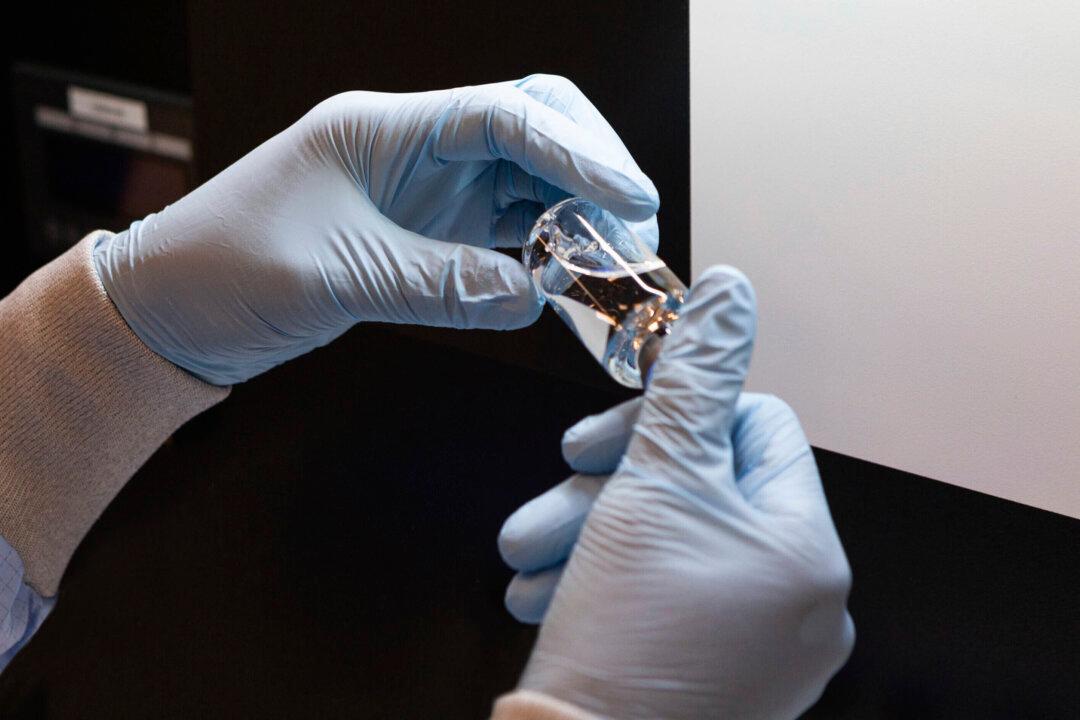An experimental drug called remdesivir “significantly reduced” the CCP virus in monkeys, according to a study released on Friday.
The CCP (Chinese Communist Party) virus, a novel coronavirus that emerged from mainland China last year, causes the disease COVID-19. Fears of the spread of the virus has forced the United States into a near-total lockdown, though some states this week announced plans to start reopening soon.





